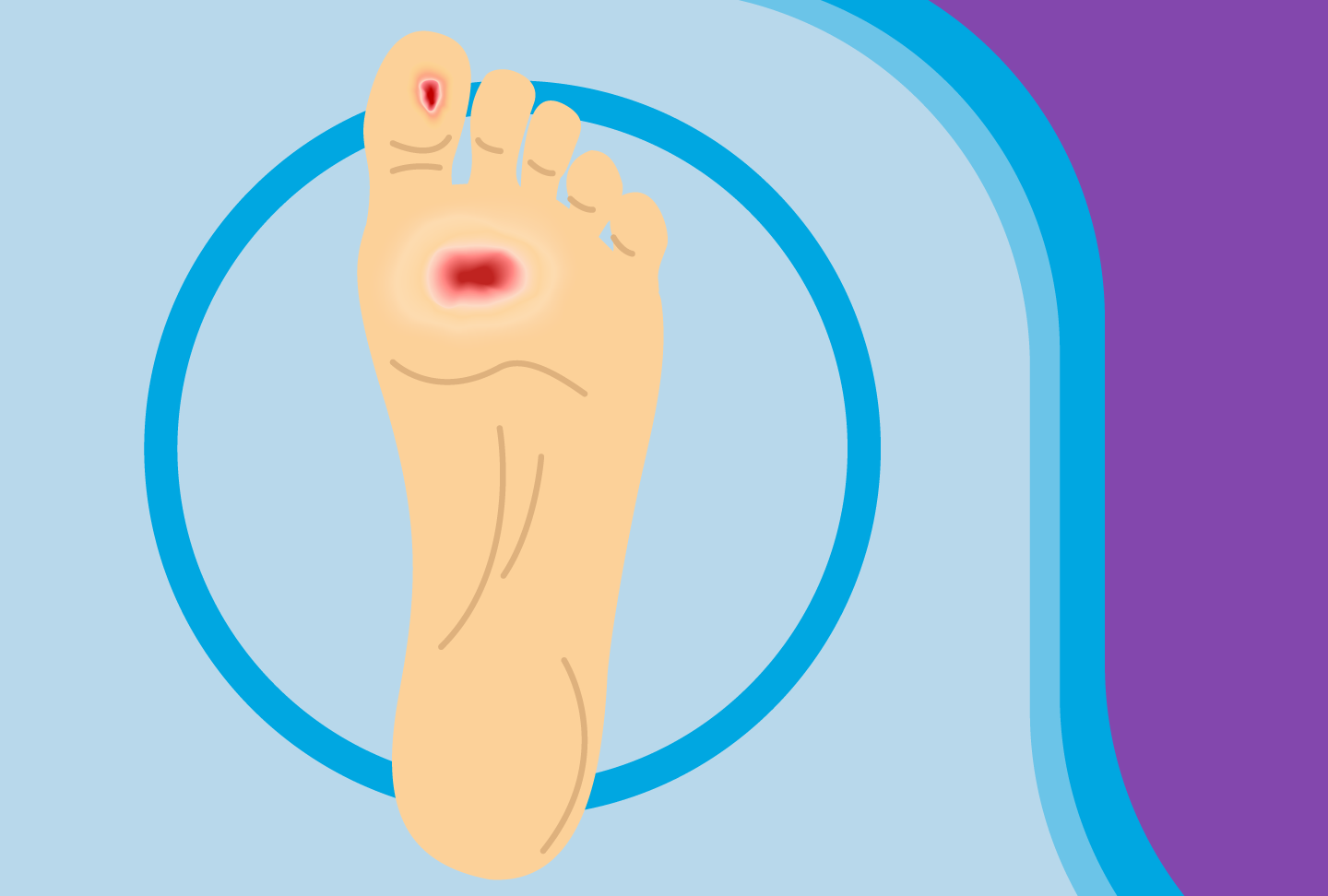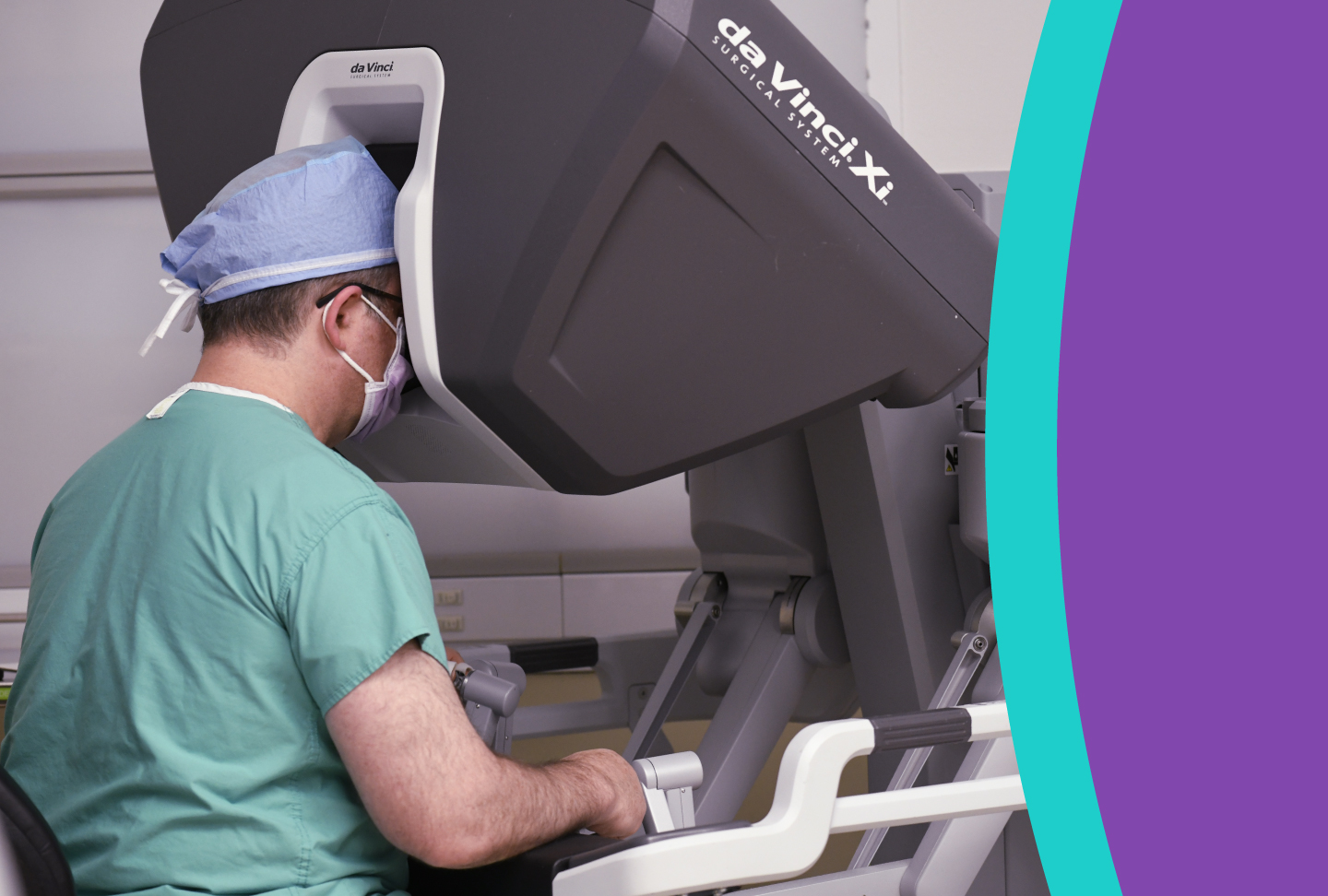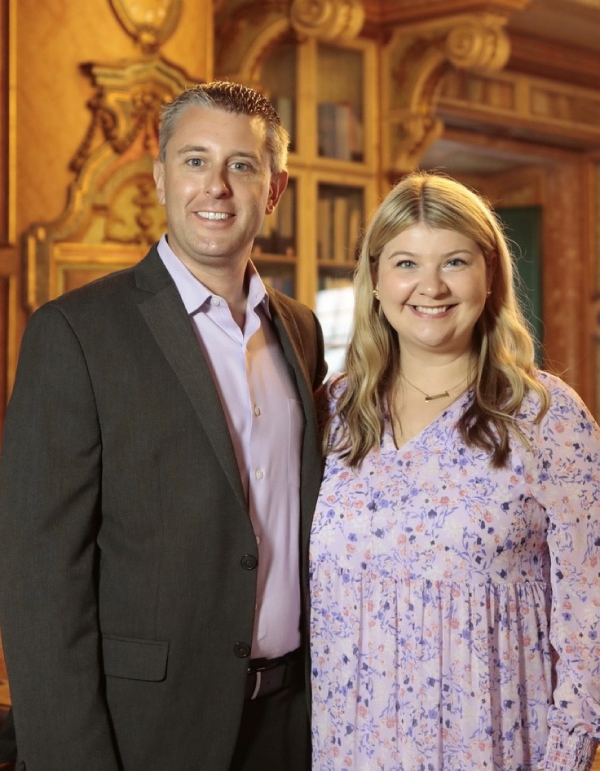When someone is diabetic, a small wound can escalate into a major health issue and, in many cases, lead to an amputation. However, with proper wound care and accelerated healing with hyperbaric medicine, Wellstar patients are partnering with providers to treat wounds like diabetic foot ulcers.
Diabetic foot ulcers can develop if diabetes is not well-managed, and some causes of ulcers include poor circulation and high blood sugar. Ulcers may go unnoticed at first because many people with diabetes are also affected by neuropathy and do not have feeling in their feet, said Dr. Ricardo Duran, Medical Director of the Wound Care and Hyperbaric Medicine Department at Wellstar North Fulton Hospital.
Also, if a diabetic person gets a wound, it may not heal as quickly, as people with diabetes are more likely to also experience poor circulation, immune system deficiencies and elevated blood sugar levels.
“When you combine the lack of sensation in the foot with the lack of healing, that leads to even more damage,” Dr. Duran said.
Foot ulcers should be taken seriously — when a diabetic person has an open wound, their five-year mortality rate increases by about 32%, according to Dr. Duran.
Hyperbaric therapy aids healing
When Venson Rolle developed a foot ulcer, he knew he needed to seek care. In Dr. Duran, he found a healthcare partner dedicated to preventing amputation and keeping him healthy. “Dr. Duran was very patient, and he was ready and willing to do anything possible for me to get the correct treatment to heal all the way,” Venson said.
Dr. Duran helped Venson’s ulcer heal by off-loading the foot with orthotics to prevent further injury, treating him with antibiotics and using hyperbaric oxygen therapy.
A hyperbaric oxygen chamber allows the lungs to get more oxygen. That oxygen then flows through the body, promoting wound healing. It helps repair tissues and treat infections.
“It provides oxygen at high pressure and keeps the tissues alive while the antibiotics work to guarantee that we have a better outcome,” Dr. Duran said about the procedure.
Venson, whose ulcer has healed, said he is grateful that the treatment has improved his quality of life.
“I can’t thank him enough,” Venson said about Dr. Duran.
Preventing diabetic ulcers
Dr. Duran recommends that people with diabetes work with their primary care provider to manage diabetes and monitor their A1C.
People with diabetes should also check their feet every day, looking on the bottoms of the feet and in between the toes for any signs of wounds or ulcers, Dr. Duran said.
“They should not rely on how it feels, because the sensation is abnormal and they might not feel an ulcer,” Dr. Duran said.
Dr. Duran said people with diabetes should also avoid smoking and eat a diet low in carbohydrates and high in protein to help prevent ulcers.
The Wound Care & Hyperbaric Center at Wellstar North Fulton Hospital doesn’t just treat diabetic ulcers — patients can also find treatment for traumatic injuries, burns, pressure ulcers and other wounds. To make an appointment, call (770) 751-2830.





